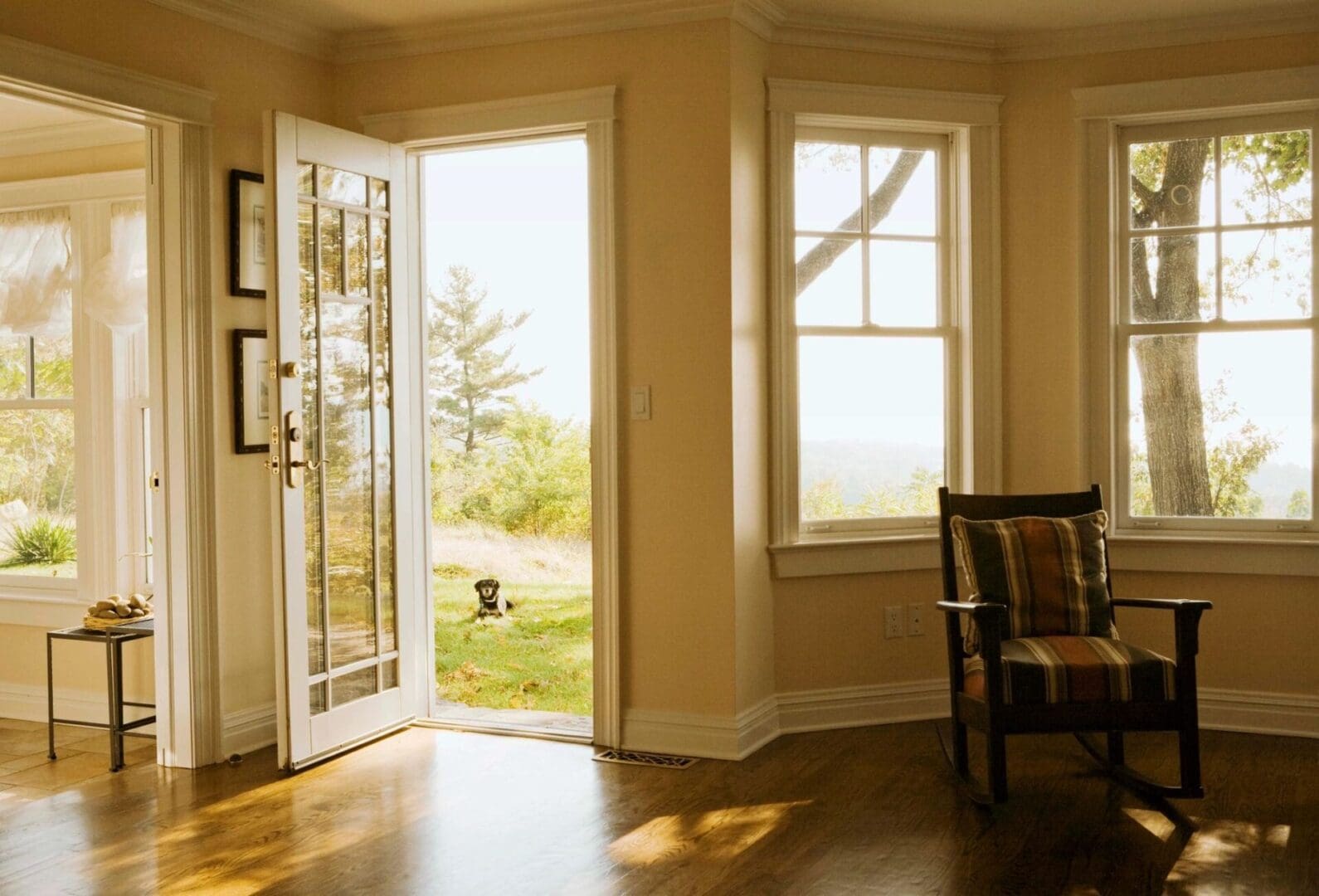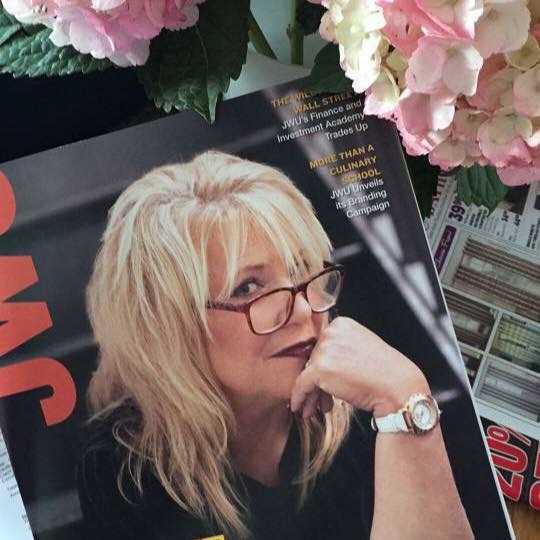Search Posts
Recent Posts
- Real Estate in RI: Seaside waterfront communities are all the rage. Who’s buying – Emilio DiSpirito June 6, 2025
- Outdoors in RI: 2A votes, Charter Yachts, active summer programs, garden tours, aquatic weeds… June 6, 2025
- All About Home Care, with two Rhode Island locations, closing after 22 years in business June 6, 2025
- GriefSPEAK: Angel wings with footprints – Mari Nardolillo Dias June 6, 2025
- Rhode Island Weather for June 6, 2025 – Jack Donnelly June 6, 2025
Categories
Subscribe!
Thanks for subscribing! Please check your email for further instructions.

GriefSpeak: Empty Nests
By: Mari Dias
“After all these years, all the smiles and the tears
I am on the other side, watching my kids take the ride
Like me they’ll be too stubborn I know that they won’t see
But All it is I want, for them is to be free
Happiness and heartbreak, there will be no compromise
Too young for them to focus, cannot see through those eyes” (Through Those Eyes – Joe Martira, 2020)
The house is empty now. Gone is the ruckus and chaos of kids coming in and out of the kitchen door with a bounty of friends looking for something to eat. Gone are the days of snowstorms and cancelled school, where the bounty of my kids’ friends repeats their tradition of sleeping at my house. Gone are those morning-after-the-snow breakfasts of egg, ham, and cheese on a bagel for 12. Gone are the late evenings (well past curfew) where I sit in the front window, waiting with bated breath, worried, hoping they return safely so I can simply be angry. Gone are the familiar days of my life.
I looked forward to this day. To the peace and quiet. The independence and free time. No homework, no bus schedules, no more teenage angst. It’s time to empty the nest. Although I’ve read many articles on the loss associated with children leaving, I felt I didn’t fit into that category. In fact, I chuckled. This is the beginning of the rest of my perfect, manageable, life.
And then it wasn’t.
My chuckle quickly mutated into a sigh and then lonely tears. My naivete had me celebrating my children’s migration from a high school graduate, to a college bound success story.
This quiet fostered hours of thinking about the past. The pediatrician visits, the snow suits that were impossible to put on, youth sports, the initial nervous, vigilant days to the beach. August school shopping for new notebooks, backpacks, books and pens, Middle School dances, crushes that crushed the tender adolescent heart, high school proms, and college acceptance letters. These are still the days of my life.
Next is the flurry of preparation, tasks performed with surface enthusiasm in an attempt to delay the inevitable. Last minute shopping trips for bedding, USB cables, and (I insisted) a pepper spray gun. Taking that long ride with an overstuffed car to campus. Helping, holding, moving, until “goodbye”.
I return home in an empty car, feeling both light and heavy. People say this is the next chapter. For each and all of us. I now have time to do whatever I please and whenever I please: however, I begin to grieve the loss of the lack of daily rituals and organization, the life measured by the time on the clock. I have lengthy conversations with Alexa, blast music to fill the silence, binge Netflix. And worry. And waited for what we had agreed upon – a daily call or text.
I felt I had to sound happy and reassured when I heard from them. I remember having a freshman student, Allison, from California, who was just beyond thrilled to be in New England to experience her first snowfall. One day she came into class and stated that she needed to transfer to a school back home. I spoke with her about the difficulties in being lonesome, making new friends, and managing her time.
It turns out the student was exceptionally happy at school, but she was worried about her parents. They were having a hard time, calling several times a day, sobbing over how much they missed her and how the quiet in the house was unnerving. Allison felt guilty about leaving her parents. The roles had been reversed. Six years later Allison completed both her bachelor’s degree and master’s degree and mom and dad had become creative in her absence. Allison thought they were experiencing a midlife crisis. When she returned home for holiday break, her father greeted her on his new Harley. He had acquired a mullet, black leather jacket, tattoo, and a pierced eyebrow. The shock of seeing this transformation of her dad concerned her.
“What had her mother done to cope with her only daughter leaving for college?” She thought.
Mom appeared to be a feudal chieftain, gliding into the room with a flowing gown of orange and yellow, a headdress that added 6 inches to her height, her hair braided and now down to her waist. The house was filled with incense and statues of Buddha. Allison thought of Kafka’s Metamorphosis – her parents hadn’t transformed into huge insects, but the change was palatable.
You see, we are not the only side of this relationship equation. Our children need to believe and expect that what they left would remain the same, a sturdy, steady, and safe place that smells and tastes like childhood. It’s home. And we as parents? It takes a seamless amount of time to let go. Our parental role plays an important role in our lives. We will always be parents; however, our roles will morph and change. We will become confidantes to our adult children, engage in deep existential conversations, and become overcome with pride at their college graduation. And maybe add a new role of grandparent. Yet, hindsight is 20/20, so for now we prepare ourselves for the empty nest and its potential unintended consequences.
Note: In the murk and mire that is COVID, we experience an added concern, an added worry. Fuel to the fire so to speak. Will they get sick? Will they be safe? It will take time, but we find a way to replace old habits with new opportunities. As Wordsworth expressed:
“Though nothing can bring back the hour of splendor in the grass, nor glory in the flower; grieve not, but rather find strength in what remains behind.”

Dr. Mari Dias is a nationally board-certified counselor, holds a Fellow in Thanatology and is certified in both grief counseling and complicated grief.
She is Professor of Clinical Mental Health, Master of Science program, Johnson & Wales University. Dias is the director of GracePointe Grief Center, in North Kingstown, RI. For more information, go to: http://gracepointegrief.com/ to: http://gracepointegrief.com/
